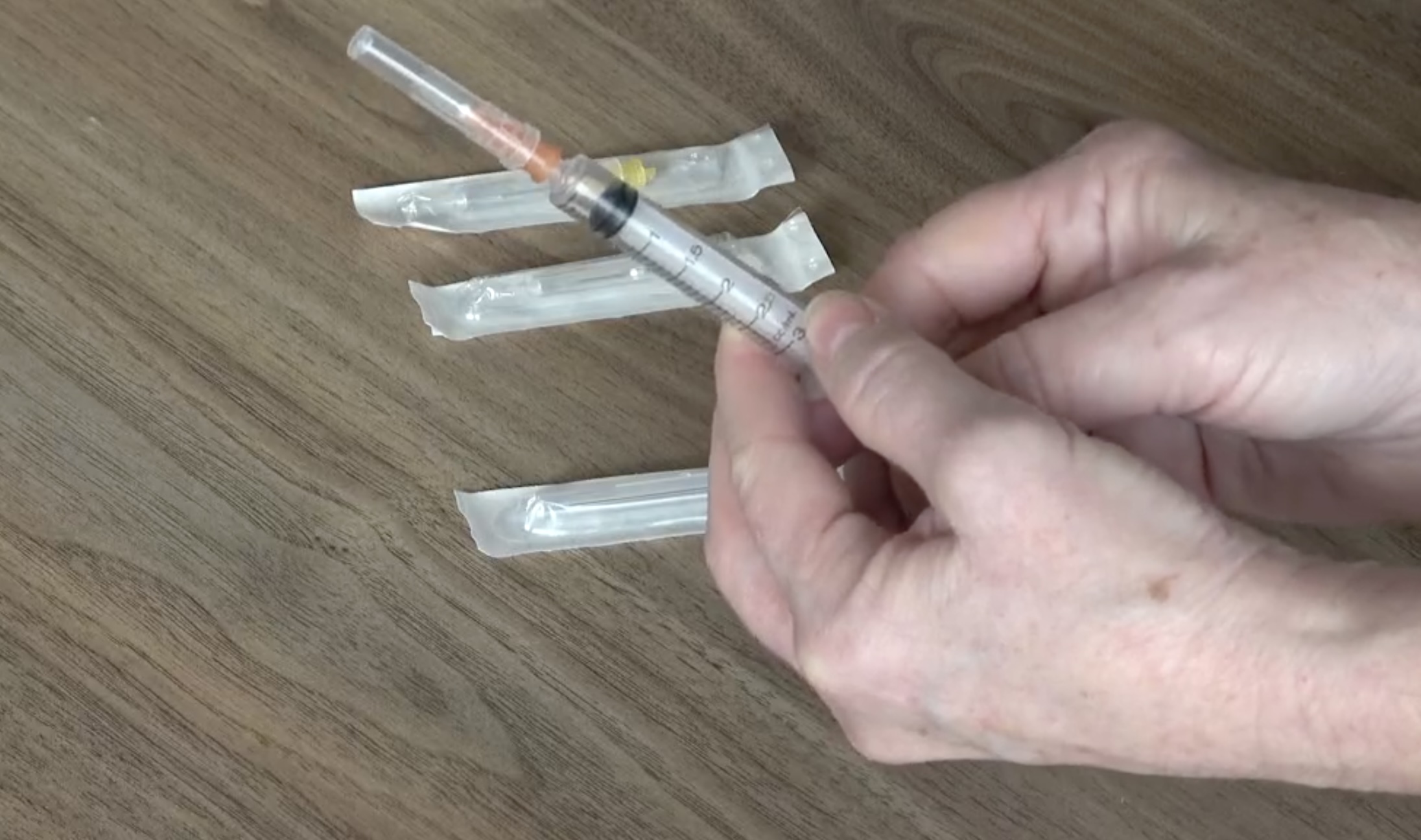Media release
From:
A new Australian-first study from Burnet Institute has found that every dollar invested in Australian prison needle and syringe programs could save more than two dollars in treatment costs for hepatitis C and injection-related infections.
Hepatitis C is a viral infection that affects the liver and is primarily spread through blood-to-blood contact. Due to the high number of people with a history of injecting drug use in prisons, these settings are crucial for hepatitis C testing and treatment.
The paper, titled: ‘Return on investment for a prison-based needle and syringe program in Australia’ was published in the Medical Journal of Australia today.
The study estimates that scaling up prison needle and syringe programs to reach 50% of people who inject drugs across all Australian prisons would cost approximately $12.2 million. This investment could prevent 894 hepatitis infections and 522 injection-related infections between 2025 and 2030.
Needle and syringe programs are internationally endorsed, evidence-based public health interventions that minimise the spread of blood-borne viruses and reduce injection-related infections.
Australia is one of only 10 countries worldwide with high coverage of needle and syringe programs outside of prisons. Australia distributes more needles and syringes per person who injects drugs than any other country.
But Australia does not have a prison needle and syringe program, despite evidence showing their effectiveness.
Author of the paper, Burnet senior research officer Dr Farah Houdroge said their modelling showed that a prison needle and syringe program could avert 30% of the hepatitis C infections and 17% of the injection-related infections likely to occur in prisons in the next five years.
“Our study shows that introducing a prison needle and syringe program, on top of existing treatments, could significantly reduce costly repeated treatments for people who are reinfected while in custody,” Dr Houdroge said.
“This isn’t just a public health intervention, it’s a smart investment that could also improve outcomes for some of the most vulnerable people in our health system.”
An important step forward in eliminating hepatitis C in Australia was the introduction of subsidised direct-acting antivirals in March 2016, which significantly reduced the number of people with chronic hepatitis, including among people who inject drugs.
However, an increasing proportion of infections and reinfections occurring in prisons are making it harder to reach Australia’s goal of eliminating hepatitis C by 2030.
“An estimated 42% of hepatitis C treatment in Australia happens in prisons,” Dr Houdroge said.
“If we don't address both prevention and treatment simultaneously, we risk undermining the progress we've made towards hepatitis C elimination.
“Our findings show that a prison needle and syringe program in Australia can be an effective and cost-saving strategy to reduce the health and economic cost of hepatitis C.”



 Australia; VIC; WA
Australia; VIC; WA


